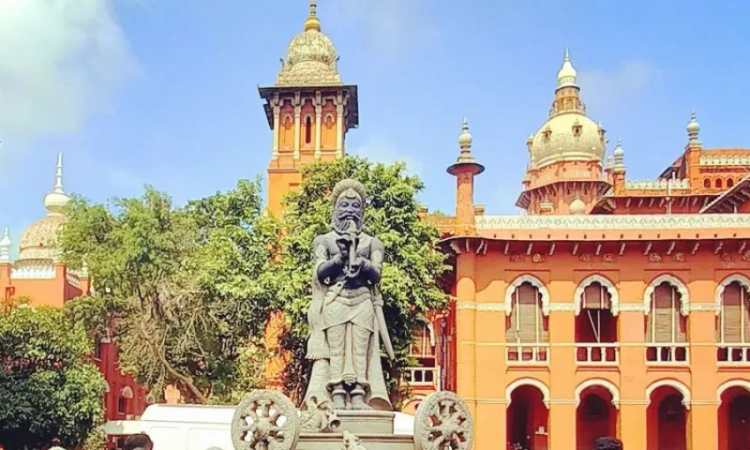The Madras High Court bench of Justice Teeka Raman has held that the easement right cannot be created by the act of the parties themselves without any recital in the documents. The easement right is a statutory right and therefore has to be proved in a manner known to law. The court was hearing a second appeal filed by one Nallammal for permanent injunction. The lower courts had passed...

